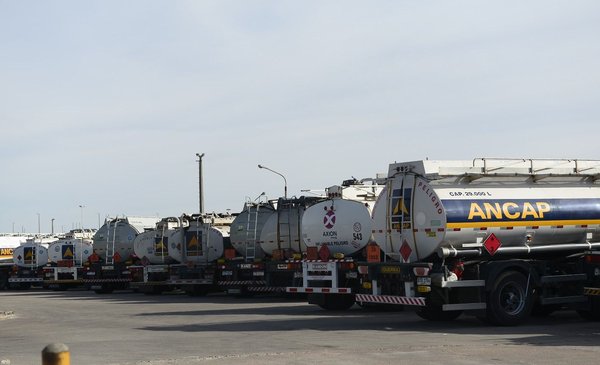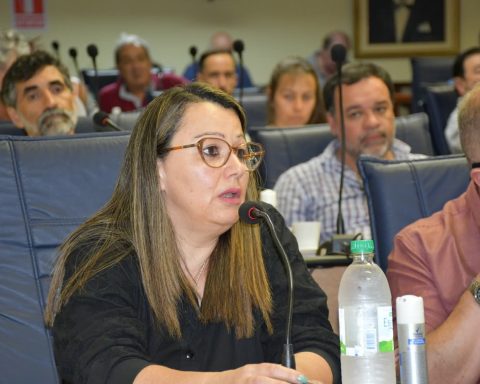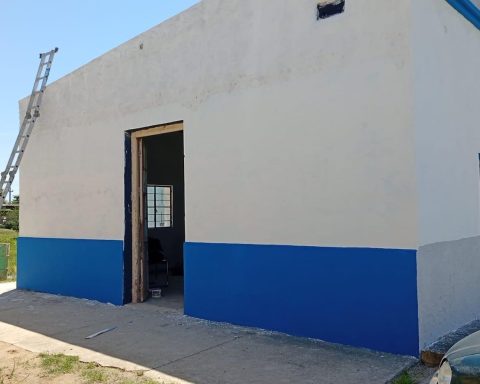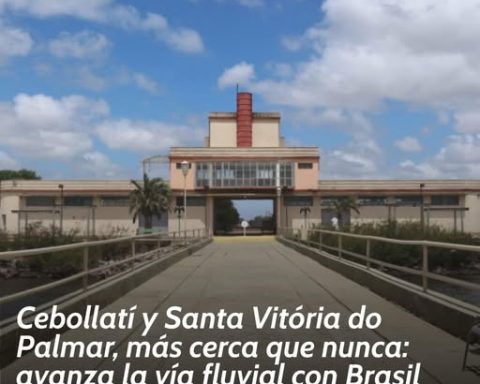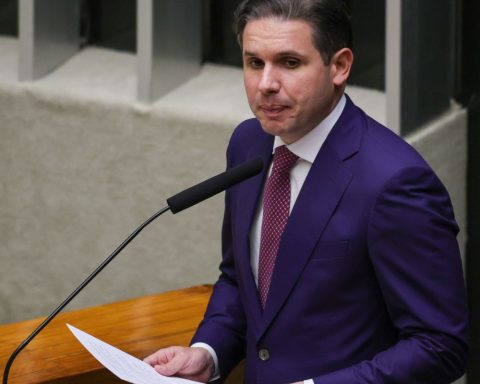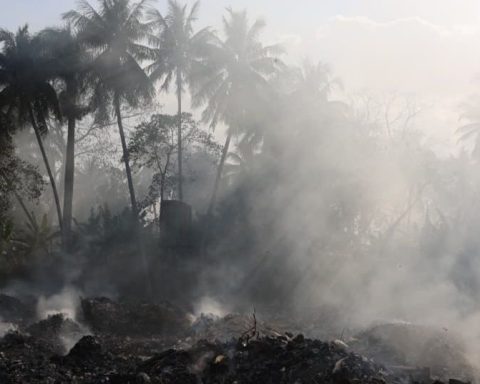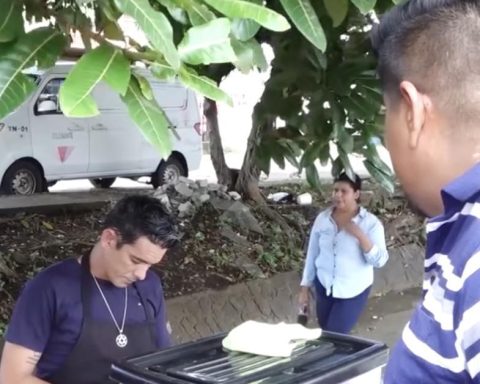In recent days it was known ruling of the Supreme Court of Justice (SCJ), who determined that the flammable rate that charged the Municipality of Montevideo (IM) for the circulation of trucks with fuels through the city was unconstitutional because did not provide any consideration by the commune, which has no power to tax.
After the ruling of the SCJ, the mayor’s office issued a statement in which it stated that its legal department is “studying the effects of that resolution“.
“As it cannot be otherwise, the Municipality of Montevideo will always act in accordance with current regulations without ceasing to exercise its role of control of the best care of the environment by all the actors of society,” adds the brief text.
The unconstitutionality appeal was filed by the distributor Ducsa (with the participation of Ancap) after being entrusted to do so by the Board of Directors of the state company. The fee was collected more than 60 years ago and represented a transfer of US$12 million from Ancap to the mayor’s office.
The Court indicated in the ruling that the rate charged by the Intendancy for each liter of fuel that came out in the Ducsa trucks from the plant the table is unconstitutionalbecause as a rate did not present a “consideration” from the communeand therefore it was a tax. “A departmental body cannot create a tax”recently explained to The Observer the vice president of Ancap, Diego Durand.
According to municipal decree 12,354 of the capital’s Intendancy, published in August 1962, in exchange for the commune fee would carry out a “regime of periodic inspections” to fuel transport vehicles. However, this control “never existed”according to Durand, a fact that the Supreme Court also saw to declare the rate unconstitutional.
In 2013 Ancap and the Municipality agreed gradually reduce the tax until it disappears within 10 yearssomething that began to be applied in 2017. After a 2016 in which the fee cost Ancap $22 millionin 2022 the cost was $15 millionand to 2023 an expense of $12 million to pay the lien.
